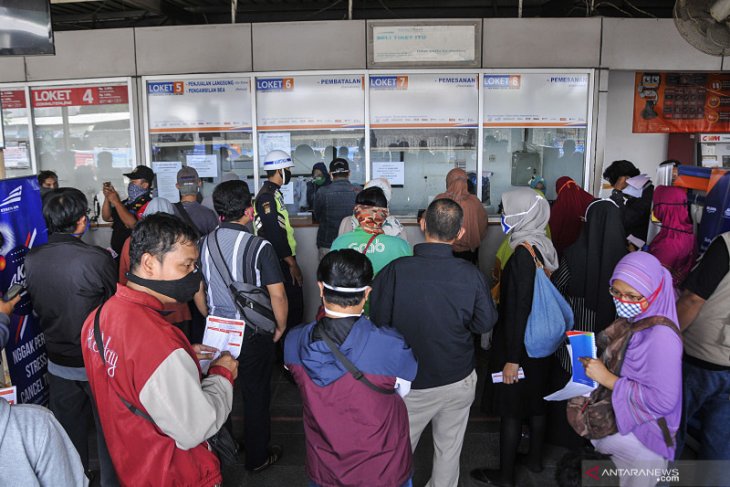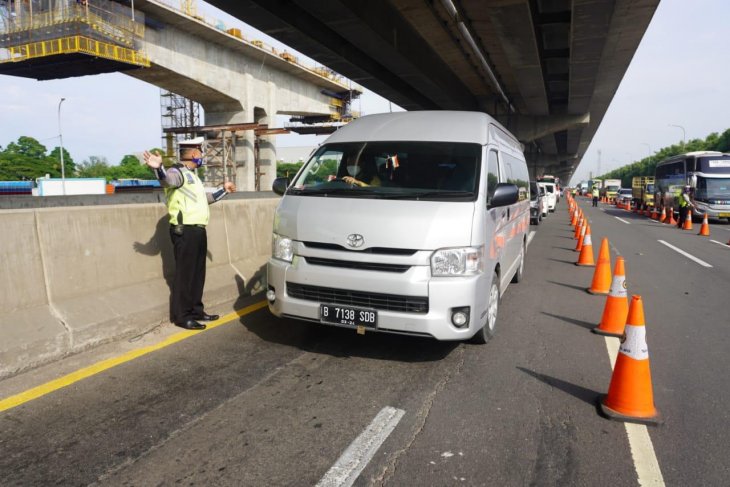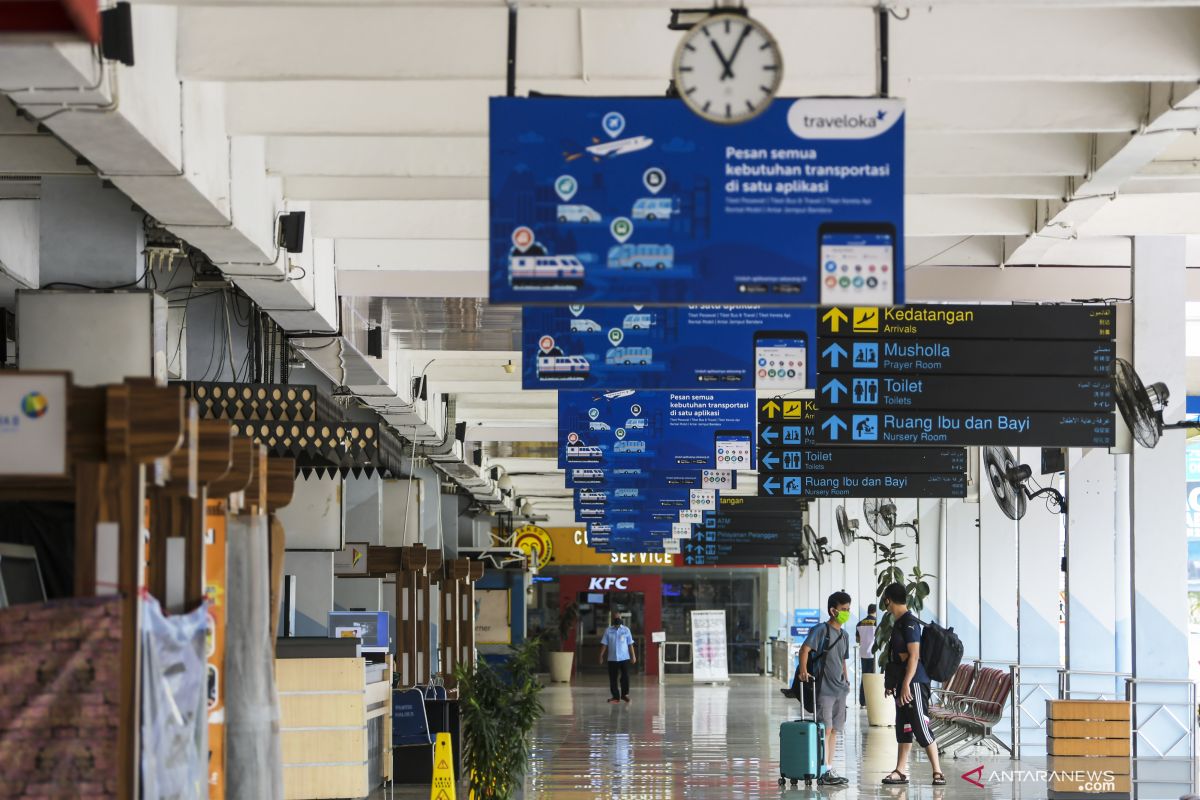If I go home, I would have to quarantine myself for 14 days, so there is no point in going home, if I have to stay in for that longJakarta (ANTARA) -
For Indonesians, the festivities in the month of Ramadhan are marked by a number of traditions, one of which is gathering and reuniting with family members.
The practice of home-coming, locally known as ‘mudik’, is a significant part of the holy month, when Muslims carry out fasting, and the Eid holiday that comes after.
This year, however, the spread of the new coronavirus disease, or COVID-19, has prevented people from reuniting with loved ones, with governments across the globe, including Indonesia, urging the public to maintain social distancing to stem the spread of the virus.
Governments in some provinces of Indonesia, including DKI Jakarta, have enforced large-scale social restrictions to reduce mobilization of people in their area. The central government has also issued a policy restricting inter-city and inter-province travel to prevent people from going to their hometowns and increasing the possibility of a surge in COVID-19 cases across the country.
The policy was announced on Tuesday, April 21, 2020, after President Joko Widodo led a cabinet meeting and decided to ban the annual mass exodus in the festive season this year.
The decision was made after the Ministry of Transportation’s research showed that around 24 percent of Indonesians still wanted to travel to their hometowns.
The issuance of the policy after the research data was released shows that the percentage had raised the government’s concern, considering the capital city of Jakarta has become the epicenter of COVID-19 spread in the country, accounting for 50 percent of the nation’s total positive cases.

The ban on ‘mudik’ affected people differently.
When bus fares shot up after the enactment of large-scale social restrictions in DKI Jakarta, 33-year-old state-owned enterprise employee, Raden Ayu Anggi, resorted to buying airplane tickets to return to her hometown in Bengkulu, as airlines were offering promotions and lower fares.
Not wanting to miss the opportunity of buying tickets at a lower price, she purchased tickets in March, and paid Rp1.4 million for a return trip with a national airliner.
Since then, she looked forward to spending the last days of Ramadhan and celebrating Eid with her family back home. However, her hopes vanished after the central government decided to ban all mudik activities.
“There is not much I can do, even though I have already purchased my tickets,” she said, showing the tickets on an online application where she bought them.
With a heavy heart, she cancelled her plans to return home. This will be the first time she is not spending Eid with her family and carrying out the tradition of asking for forgiveness in person.
“If I go home, I would have to quarantine myself for 14 days, so there is no point in going home, if I have to stay in for that long,” said the pharmaceutical laboratory worker.
Forty-eight-year-old Siti, who is originally from Kebumen in Central Java, also chose not to return home amid the pandemic. She made the decision a few days before the government issued a ban on mudik.
Although she wanted to celebrate Eid and fast with her family, she realized that protecting the health and safety of her family and herself should be the number one priority.
As a domestic worker, she only travels between her house and her employer’s house every day, which is within walking distance. However, knowing the situation of the COVID-19 spread in Jakarta, she did not want to take any risk.
“Insha Allah (God willing), once this is all over, I can go home and spend some time with my parents and my children, and it would be just as heartwarming as if I see them during this holiday. For now, my husband and I will stay in Jakarta,” she said.
As she is able to continue working during the pandemic, Siti has been able to maintain a steady income to sustain her life in the capital city.

Unlike her, 28-year-old Riyadi, who is employed with a printing and photocopy kiosk in Lebak Bulus, South Jakarta, decided to make the trip back to his hometown in Semarang, Central Java, rather than staying on in the capital city.
Before the government banned all homecoming travel on April 13, Riyadi got on a bus to Semarang though he had to pay double the price for the tickets due to the large-scale restrictions enforced by the provincial government.
The rise in ticket fares did not stop him from returning home as, he said, he did not have a choice. The kiosk where he worked was no longer open due to large-scale social restrictions, which were first enforced in DKI Jakarta on April 10.
Staying on in Jakarta, where living expenses are considerably higher compared to other regions, without any source of income, had become a major concern for him, and leaving the capital city became the only choice to make.
“What could I do? There was no work for me to do, it was better for me to come home,” he said.
Related news: Solace for those performing tarawih in solitude amid pandemic
Related news: Fasting during the COVID-19 outbreak
Related news: Wisdom of Ramadan amid coronavirus outbreak
Editor: Gusti Nur Cahya Aryani
Copyright © ANTARA 2020


